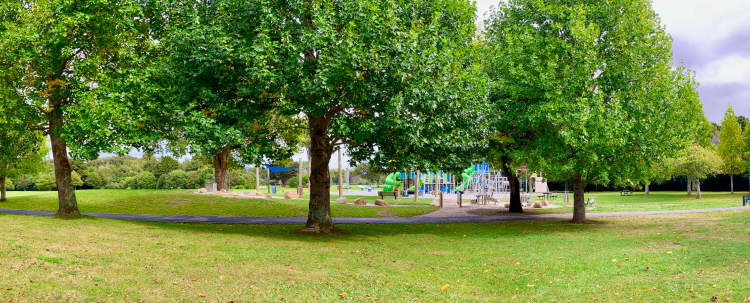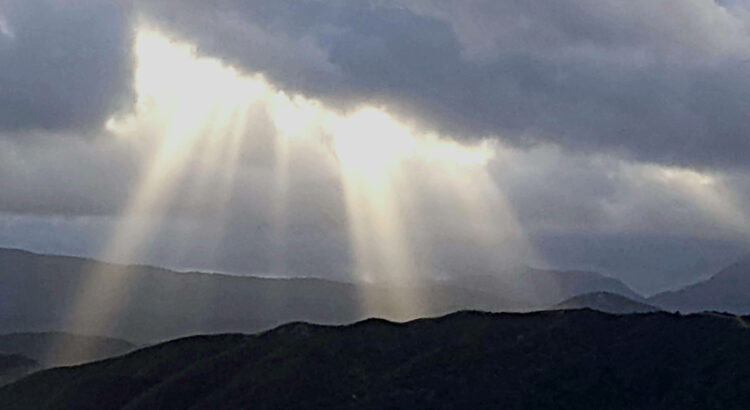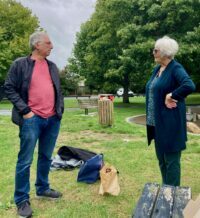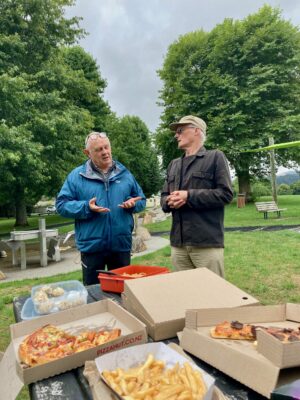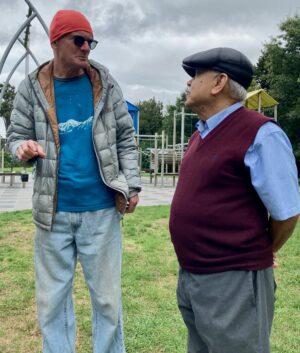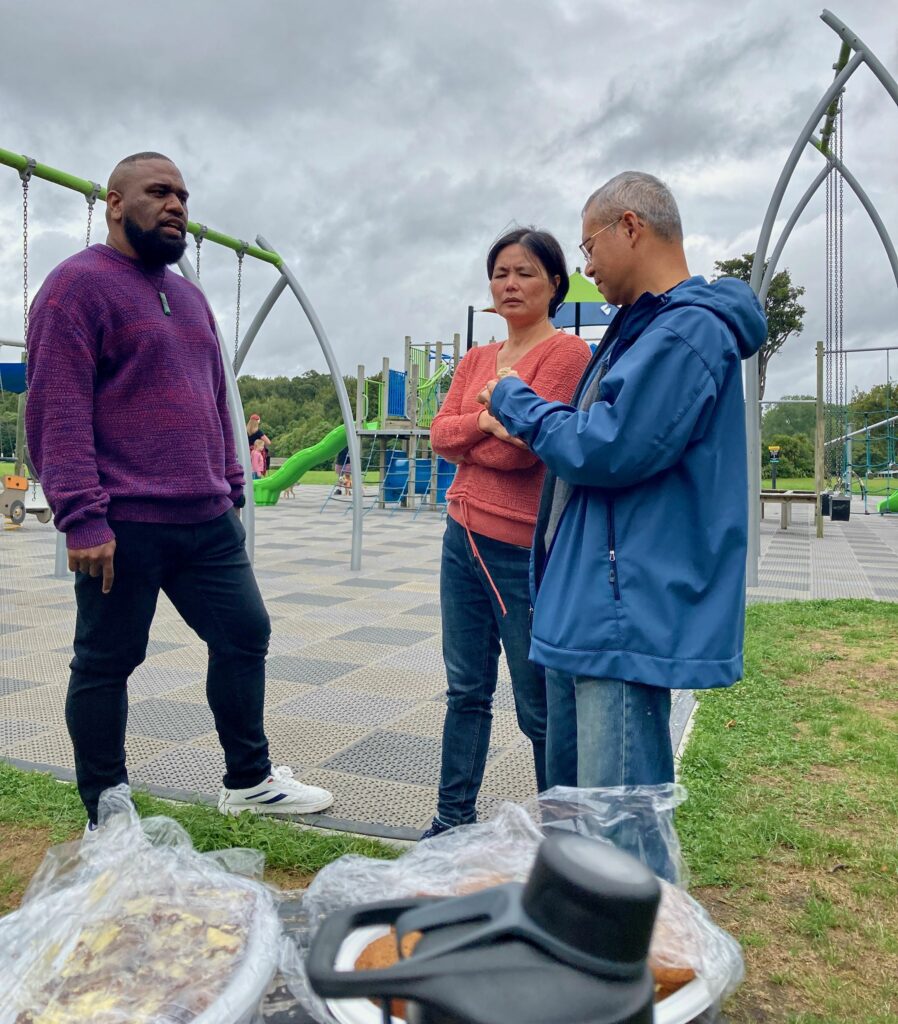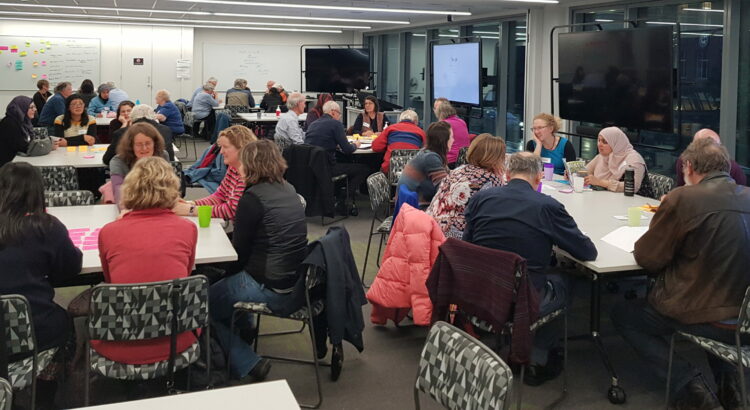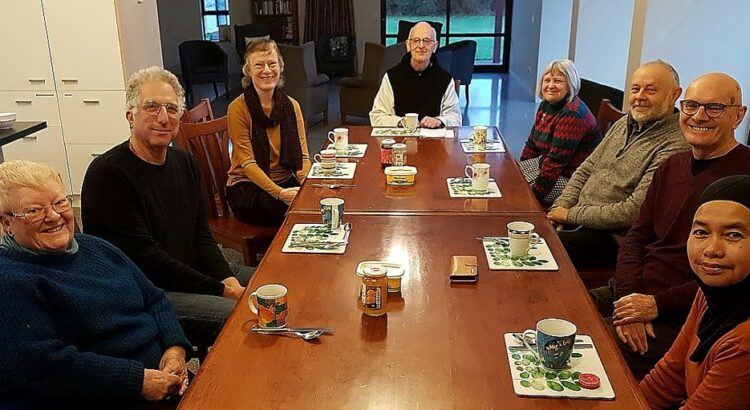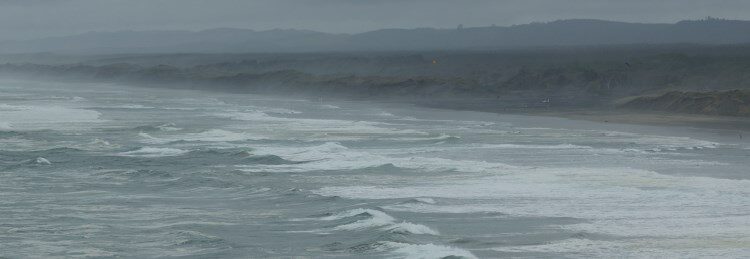The following is a reflection by Abrahamic Council member Ann Desmond, given at our Council Meeting in May 2022.
The calling of Moses in Exodus, Chapters 3 and 4 is one of the most striking passages and important moments in the Biblical Story and is common to each of our Abrahamic faiths.
God appears to Moses at the burning bush. It is a holy moment. God reveals his mission, to rescue the Hebrew people out of Egypt. This is a wondrous moment … until, that is, God reveals that he wants to send Moses to implement and share in this deliverance.
That is when the excuses start. Moses contends that he could not possibly be the right person. We would find it comical if it were not so painfully close to home for so many. How many times have we used similar excuses before God, rationalising that the Almighty has somehow got it wrong?
In the middle of this discussion, God asks Moses a very important question: ‘What is in your hand?’ Moses’ shepherd’s staff is in his hand. It is a symbol of his gifts, his skills, his occupation, how he spends his time.
In our imagination we can picture Moses getting up each morning and walking with that staff as he shepherds the sheep under his care. At this point he may have been doing this for forty years The staff, in one sense is a symbol of what Moses can do, what he can uniquely offer.
Might we ask the same question of ourselves: What is in our hand?
What is it that we can do or offer?
The interesting thing is that God next asks Moses to give him the stick, to hand it over, surrender it by casting it on to the ground. On the ground, in front of the burning bush it is now in the hands of God. It turns into a snake. God invites Moses then to pick the snake up by the tail, and it returns to being a stick.
What can we learn from this? Here are a few thoughts that might be useful to think about in terms of God’s call on our lives. Firstly, God is as much on mission today as he was in the day of Moses, and still invites the ordinary people of this world to surrender who they are and what they can do – to place all into his hand.
Secondly, it is our availability and not our ability that matters. In fact, when we think we can carry out God’s plan on our own, when we rely on our own ability, we miss out on so much of what might be possible through partnering with God.
Thirdly, when you do answer the call, it is amazing what God can do with it. Using our imaginations once again can we see that staff in Moses’ hand as he makes his way to connect with his brother? Perhaps it is in his hand as he walks into the presence of Pharaoh and says, “Let my people go!”
Perhaps it is in his hand as those plagues are enacted, or as he embarks in leadership of the people in their Exodus from Egypt. Was it in his hand when the sea was parted? We’re told that he struck a rock and water came from it. Did he carry it to help him climb Sinai to collect the tablets of stone inscribed with the law? Did he have it in his hand when he took in the view of the promised land just before his death?
A friend, who is a retired Presbyterian Moderator and Minister, was on a retreat many years ago at one of those beautiful retreat places where there was lots of country path and native trees, but also some, deciduous trees. She was out walking, contemplating, and enjoying nature, and took a turn around a corner. She was absolutely struck by a bright red maple with the sun shining on it.
She cried out, ”God, you’re amazing. Look at your beauty”!
And she felt something like electricity going through her. When relating this to her spiritual director, she was asked to re-read the story of Moses and the Burning Bush to see if God was saying something to her. And of course that’s the call of Moses to free the slaves.
And as she prayed into it, something that had been very slowly, but at the bottom of her gut, began to come up and it was a new call on her life.
I wonder how many of us have had Burning Bush moments – might not necessarily have been a Burning Bush, but that deep sense that one minute your life’s going this way and the next minute you are turned around and you know that there’s a call on your life, which is maybe very different.
The point is simple: you have no idea or control over what God has planned for you, when he calls on you.
Refs
The Methodist Church, UK,
Keynote Speaker, GA18, 5 Oct 2018, Very Rev Marg Schrader
